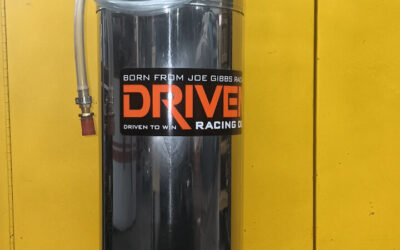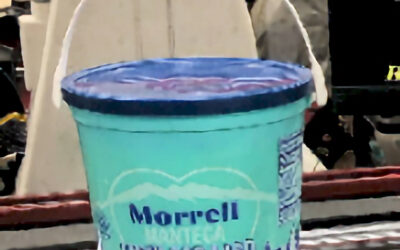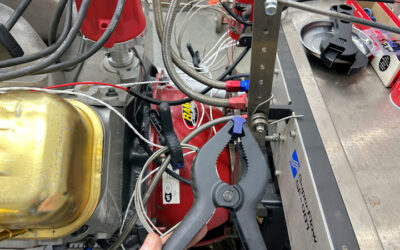Fuel System Corrosion Issues in Rarely Driven Vehicles
The use of ethanol in modern gasoline has brought with it (among other things) the problem of corrosion in fuel systems, especially in seldom used older vehicles. Carburetors are especially vulnerable to ethanol corrosion. Drawing a line in the sand, if an older vehicle is carbureted, uses less than one tankful of fuel containing some ethanol every two to three weeks, especially if it is stored in a humid environment, it is a prime candidate for fuel system corrosion problems. The problem is that Ethanol is hygroscopic, meaning it absorbs moisture. It is corrosive to the entire fuel system, especially carburetors, and ethanol dilution in motor oil leads to increased moisture in the crankcase, causing rust and other corrosion problems. Most new vehicle fuel systems are constructed with materials that resist damage from the current E10 (10%) ethanol mixture. This is not the case with older cars and cars with specialty performance parts. Recently, the Environmental Protection Agency (EPA) has permitted the sale of fuel containing E15 (15% ethanol). This will make the problem significantly worse. Organizations such as SEMA are taking this decision all the way to the U.S. Supreme Court. If your or your customer’s vehicle fits the description in the first paragraph, you should strongly consider using a fuel additive containing corrosion inhibitors such as “Carb Defender.” And write to your congressman!
Engine Pro Technical Dept.
With thanks to Lake Speed, Jr., Driven Racing Oil
August, 2013




